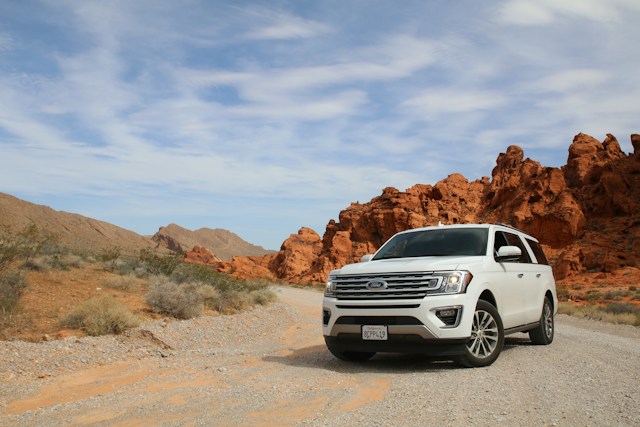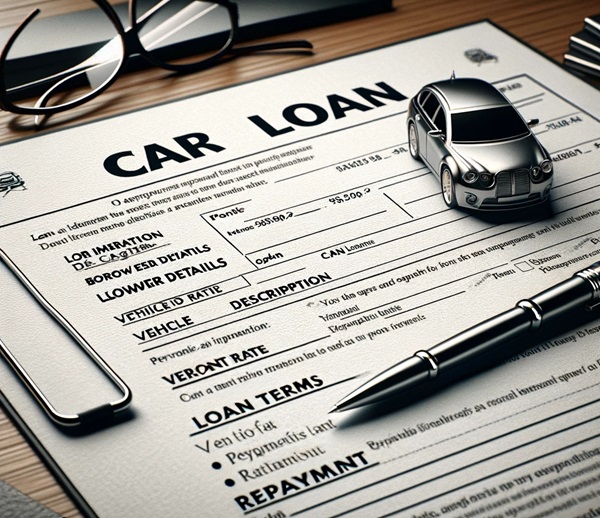Driving in the city presents a unique set of challenges that only urban motorists genuinely understand. From the constant stop-and-go motion to navigating around countless obstacles, city driving tests even the most patient drivers. Understanding these traffic nightmares can help prepare you for your next urban adventure. Here are thirteen traffic nightmares you’ll only know about if you drive in the city.
1. Endless Traffic Jams
City driving often means being stuck in endless traffic jams. Whether it’s rush hour or a minor accident, congestion can bring your commute to a grinding halt. The frustration of moving inches at a time can test anyone’s patience. Being prepared for these delays is a necessity for city drivers.
2. Double-Parked Vehicles
Double-parked vehicles are a common sight in urban areas. They block lanes and force drivers to navigate around them, creating additional hazards. This often leads to bottlenecks and increased traffic congestion. Double parking is a prime example of inconsiderate behavior that city drivers frequently encounter.
3. Unpredictable Pedestrians
Pedestrians in the city can be highly unpredictable. They often jaywalk, cross streets without looking, and ignore traffic signals. Drivers must constantly be on high alert to avoid accidents. Navigating through crowded streets requires sharp attention and quick reflexes.
4. Construction Zones
Construction zones are a constant presence in urban environments. They often lead to lane closures and detours, causing confusion and delays. Navigating these areas requires extra caution and can significantly slow down traffic. The frequent appearance of construction zones is a major annoyance for city drivers.
5. Aggressive Drivers
City driving often means dealing with aggressive drivers. These motorists weave in and out of traffic, tailgate, and engage in other risky behaviors. Their impatience and recklessness can create dangerous situations for everyone on the road. Defensive driving is essential to navigate the city streets safely.
6. Bicyclists in Traffic
Bicyclists are a common sight in urban areas, sharing the road with motor vehicles. While many follow the rules of the road, some do not, leading to unpredictable behavior. Drivers must be constantly aware of cyclists to avoid collisions. The presence of bicycles adds another layer of complexity to city driving.
7. Limited Parking
Finding parking in the city can be a nightmare. Spaces are often scarce, and drivers may spend significant time circling blocks in search of a spot. Even when parking is available, it can be expensive and inconvenient. Limited parking is a daily frustration for urban motorists.
8. Navigating One-Way Streets
One-way streets are common in cities and can confuse drivers unfamiliar with the area. Missing a turn or getting stuck in a maze of one-way roads can lead to significant delays. Drivers must stay alert and carefully follow signage to navigate these streets effectively. One-way streets are a frequent source of frustration for city drivers.
9. Obstructed Views
In the city, tall buildings and parked vehicles often obstruct drivers’ views. This makes it difficult to see oncoming traffic, pedestrians, and cyclists. Drivers must exercise extra caution at intersections and crosswalks. Obstructed views are a common challenge that city drivers face daily.
10. Public Transportation Buses
Public transportation buses add another layer of complexity to city driving. They frequently stop to pick up and drop off passengers, causing sudden slowdowns and lane blockages. Drivers must learn how to navigate around these large vehicles safely. Sharing the road with buses is a typical urban driving experience.
11. Narrow Streets
Narrow streets are prevalent in many cities, making it difficult for larger vehicles to maneuver. These tight spaces can lead to traffic congestion and accidents. Drivers must be skilled at navigating these narrow roads without causing damage to their cars or others. Narrow streets are a significant challenge for city drivers.
12. Delivery Trucks
Delivery trucks are a constant presence in the city, often stopping in traffic lanes to make deliveries. This can cause sudden slowdowns and require drivers to navigate around them carefully. These trucks are essential for city commerce but are a frequent annoyance for drivers. Delivery trucks contribute to the daily traffic nightmares of urban motorists.
13. Unexpected Road Closures
Unexpected road closures can throw a wrench into any driver’s plans. Whether due to accidents, events, or maintenance, these closures often come with little warning. Drivers must quickly find alternative routes, which can be stressful and time-consuming. Unexpected road closures are a common headache for those driving in the city.
These Traffic Nightmares Are Common If You Drive in the City
Driving in the city presents a unique set of challenges that require patience, skill, and vigilance. From dealing with aggressive drivers to navigating narrow streets and avoiding double-parked vehicles, urban motorists face a daily battle on the roads. Understanding and preparing for these traffic nightmares can help make your city driving experience a little less stressful. Stay alert, stay calm, and navigate the urban jungle with confidence.
Read More:
18 Classic Car Features That Have Vanished in Modern Vehicles
Are Electric Cars Worse for the Planet?
Catherine is a tech-savvy writer who has focused on the personal finance space for more than eight years. She has a Bachelor’s in Information Technology and enjoys showcasing how tech can simplify everyday personal finance tasks like budgeting, spending tracking, and planning for the future. Additionally, she’s explored the ins and outs of the world of side hustles and loves to share what she’s learned along the way. When she’s not working, you can find her relaxing at home in the Pacific Northwest with her two cats or enjoying a cup of coffee at her neighborhood cafe.



























